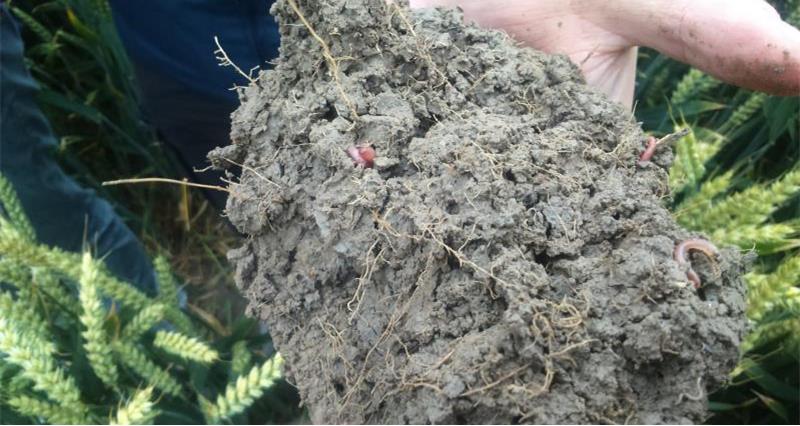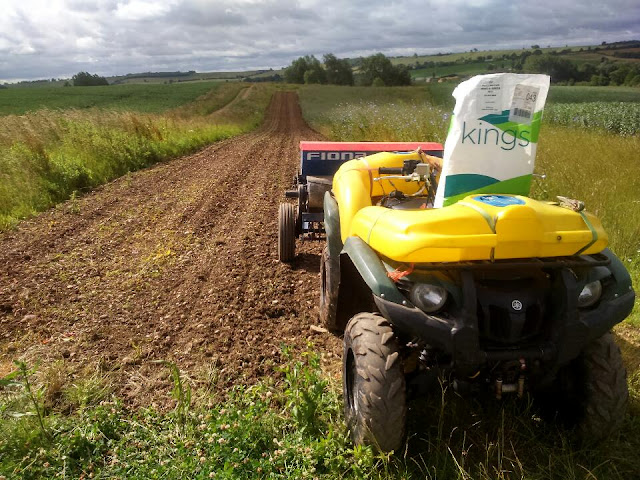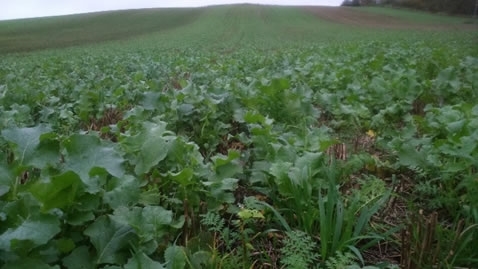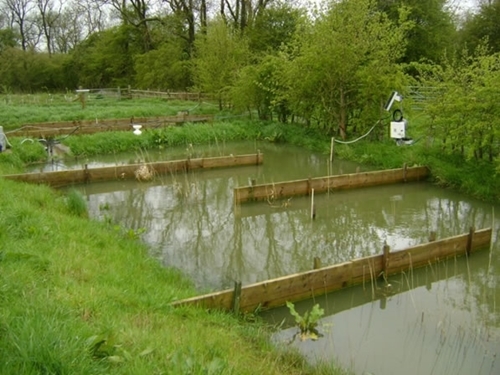 |
| NFU 2016 Conference gets underway. |
In amongst all the serious and worrying challenges that are facing agriculture, there is room for a few alternative views and highlights from the 2016 NFU Conference. The first two places in my top ten were close but the Brexit was first past the post.
1. The lively 'Brexit' debate between MEP Dan Hannan and former MEP George Lyon combined exuberance, humour and sharp political debate which had Conference listening to every word. I'm sure George Lyon told conference to ignore 'patrotic jingoism' similar to that used by the Leave Campaign in last years Scottish Independence debate. However, two highlights came in responses from the floor, firstly about 'bank managers....ing my business' and the second was from session chair Martin Haworth. When a member from Dorset commented that 'The Times was reporting the NFU swinging behind the 'stay in' campaign, and perhaps we should trust neither politicians or journalists' ...Martin turned to Dan Hannan and enquired if as a politician and journalist he might like to comment. Priceless
2. The 'wit and wisdom' award this year went to Dr David Hughes who wanted adjectives rather than nouns when describing the meat we buy. A lively and at times controversial presentation it was nonetheless delivered with delightful humour.
3.The polished performer award went to Connor McVeigh who takes the title from last year's winner Mark Grimshaw. Coolness under pressure personified. However it would have been nice to hear some direct answers to questions. Would the Living Wage lead to higher prices in Macdonalds? The answer was there were efficiency to be had via the Beef Production Carbon Report..... aimed at the producer. No word on sharing through the food chain with carbon savings on transport to the restaurants or carbon saving in the restaurants themselves!!
4.Secretary of State, Elizabeth Truss repeated an earlier Oxford Conference statements about reducing bureaucracy, with DEFRA agencies working towards shared and common goals. Let's hope they are the same ones that the industry has and both consultation and collaboration will be paramount to achieve a successful outcome. Her comments on TB were also well received.
5. Mark Berriford-Smith's comments on 'forecasters predicting seven of the last two recession' was well received in the conference hall.
6. A masterstroke engaging the Campaign For The Farmed Environment as a conference sponsor, showing that farmers and their representative do care about the environment. Lets hope we get some common goals and sensible outcomes from our current agri-environment deliberations.
7. Returning to a more light hearted moment, the 'Pointless' game conducted at dinner between Minette Batters and Guy Smith once again showed that in amongst the serious business of conference, humour and mirth should never be forgotten.
8. In the break out session of cropping and environment, the issues were interwoven in both. Environmental responsibility was never far away at the crops session and cropping profitability was pronounced at the environment meeting. Some comments that registered about environmental labelling were' Green is the normal now' and 'The role of Government is like a tide that floats all boats'. Whilst it was great to see pioneers using competition to drive business efficiencies the whole industry needs some mechanisms to help push forward it's environmental credentials.
 |
Plenty of support for the environment and Crops break out session.
(Pictures courtesy of NFU On-Line) |
9. Once again the Conference organisation was second to none, no complaints from this delegate. How you managed to know that I would step on the 4.22pm train 20 seconds before it was due to leave is beyond me. Keep up the great work. The
conference summary report is out already and will give you the real and considered sequence of events and is essential reading. For those into networking it is Networking Heaven! The cross section of industry representatives is testament to the conference's importance to the agricultural industry.
10. The leadership contest turned out to be a vote for continuity and with many challenges ahead I'm sure this team will work tirelessly for the benefit of its members. If anyone asks you what the NFU does, get a copy of the NFU 2015 Yearbook and place it in front of them.
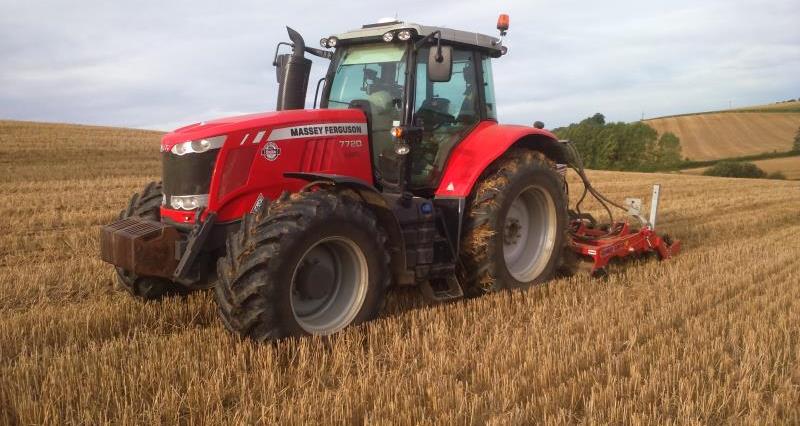 Looking towards the future, I am involved in and aware of various research groups which look into ways to improve soil health whilst maintaining productivity. As a member of the Kellogg’s Origins Programme, I am one of a community of European farmers who meet to combat various challenges, trial new ideas and share knowledge.
Looking towards the future, I am involved in and aware of various research groups which look into ways to improve soil health whilst maintaining productivity. As a member of the Kellogg’s Origins Programme, I am one of a community of European farmers who meet to combat various challenges, trial new ideas and share knowledge.